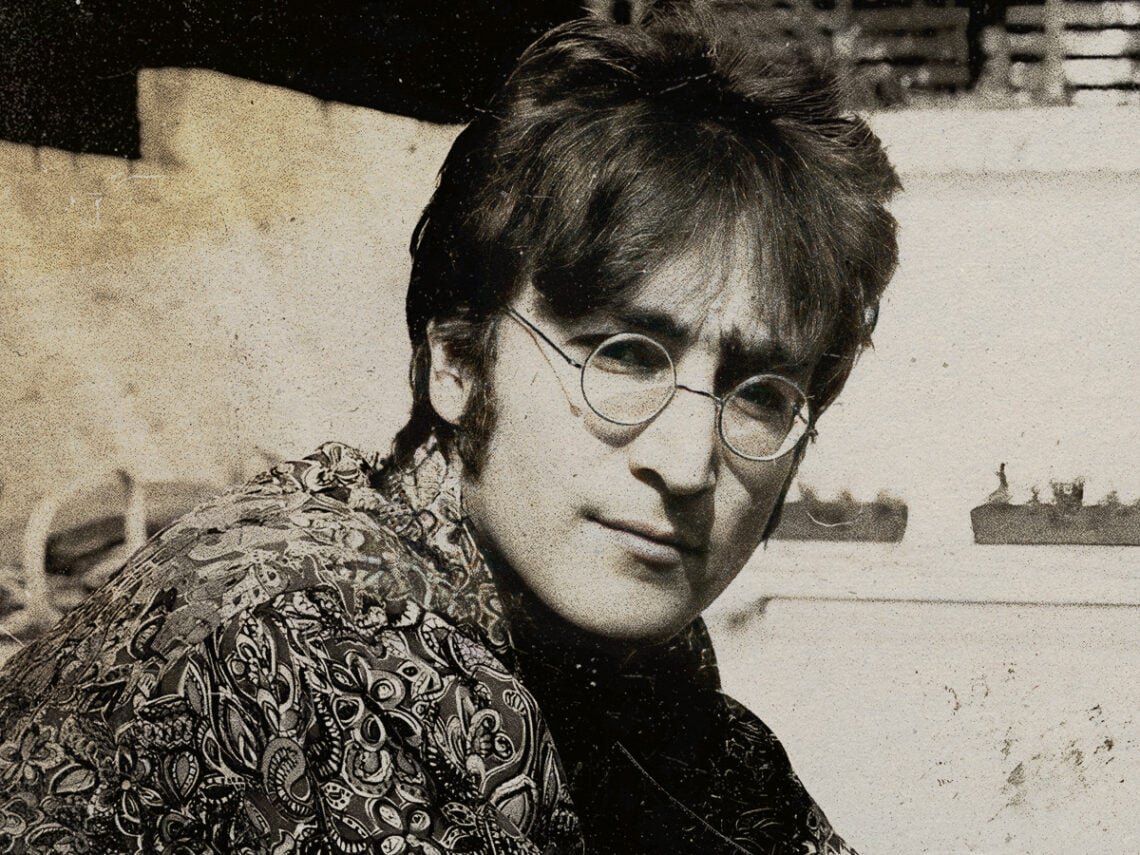Certain songs are created with love, rage, and joy emotions that are eternal and universal at their core. Certain songs are more akin to their era than others; this is especially true with protest songs. Not wanting to date their music, many musicians are reluctant to write about current events. But protest music is important; no one created it better than John Lennon, and it gives voice to individuals who are frequently unable to speak for themselves.
Compared to The Beatles, Lennon’s solo career saw a significant increase in political activism. He composed “Imagine,” a hymn to the possibility of world peace, and “Power to the People,” a political catchphrase that he also created. This song was partly written out of remorse, but it also reflected his enthusiasm for politics and fighting injustice.
Although he didn’t coin the phrase “Power to the People,” Lennon surely had a major role in its popularization. It became widely used in the 1960s and 1970s, signaling a desire for the populace to reclaim power from the state. Regarding the song, Lennon responded as follows:
“I wrote ‘Power to the People’ the same way I wrote ‘Give Peace A Chance’, as something for the people to sing. I make singles like broadsheets. It was another quickie.”
Because of the song’s connection to the Imagine documentary’s filming, Lennon and Yoko Ono were constantly surrounded by cameras. Lennon provided a more succinct explanation of the song’s significance to the cameras by saying,
“The people are the government, and the people have the power. All we have to do is awaken the power in the people.”
While writing the content, Lennon was troubled by guilt in addition to his passion for politics and his desire to give the people a voice. In a BBC Radio One interview, he discussed British Pakistani writer and activist Tariq Ali. Lennon stated: “[He] kept coming round wanting money for Red Mole or some magazine or other. I was thinking, well, I’m working class, and I am not one of them, but I am rich, and therefore, I have to.”
This presented Lennon with a problem that he encountered often: “Any time anybody said something like that, I would fork out. He was hustling for whatever he was hustling for and I wrote ‘Power to the People’ as a sort of guilt song. It’s like a newspaper song, where you write about something instant that’s going on right now.”
Lennon’s prominence and solo career helped him become much more aware of the world around him, but this increased awareness also brought remorse. Even though it was evident that the ex-Beatle could not alter the world on his own alone, he tried to do so via his music and philanthropy. “Power to the People” is a perfect illustration of it.
